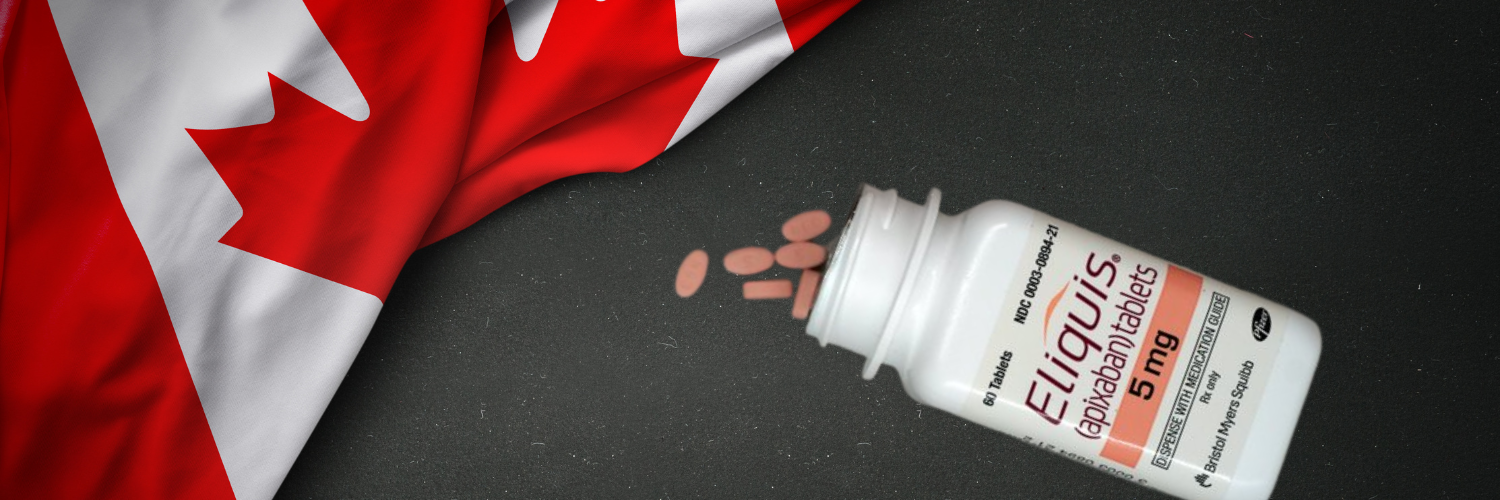Stuck abroad without your meds? How to get your prescription ASAP.

Being stuck far from home is already traumatic and stressful enough. But finding yourself abroad without your medication can be downright dangerous. If you are unable to travel home, the easiest and fastest way to get your medication is to find a local practitioner to write you a prescription. Be prepared to pay out-of-pocket. Your U.S. health insurance will likely not cover consultation in another country nor prescription refills, so be prepared to pay out-of-pocket, unless you have travel insurance for medical emergencies.
Preparation Before You Travel
But first, how much do you know about your medication and your current location?
Dr. Robert Quigley, Senior Vice President and Regional Medical Director of International SOS, points out that the modern traveler should educate themselves on these things:
The consumer today needs to be up to speed on whatever medicines they're taking in the event that they run out of the supply that they've traveled with. What they should do in the event that they need a refill. Is there a generic version of that same drug, is there an alternative of that drug, or, in the extreme case, is there a nearby country where I can get that drug, even if I have to fly out?
Claire Westmacott, a health writer and research specialist for the International Association for Medical Assistance to Travelers (IAMAT), echoes the sentiment:
We typically advise travellers who are travelling with prescription medications to make sure that their medication is available at their destination beforehand.
IAMAT and International SOS are both membership-based medical assistance organizations.
Westmacott adds, “We definitely get frantic calls from people [regarding medication] and in that situation, we will always connect them with an IAMAT doctor or if we don't have a doctor that is in that area, we'll do some research.”
IAMAT’s guide to traveling with medications
See also: How can I travel with prescription drugs internationally?
Visit a local provider and obtain a prescription
Visiting a licensed local doctor is the safest and fastest way to get a prescription in a foreign country. Both International SOS and IAMAT work to connect travelers with local providers experienced in working with travelers, focusing on connecting travelers with providers who speak the same language as they do.
This visit will likely incur costs, unless you have travel insurance that covers medical emergencies. But never fear: The visit may be cheap. The chances that healthcare will be more expensive than U.S. standards is low: The U.S. spends more on healthcare compared to 46 other high-earning countries, according to research performed by the Commonwealth Fund. PharmacyChecker’s own research finds that common medications are around 90% cheaper if purchased from pharmacies located outside the U.S.
What if your medication isn’t sold in this country?
If your medication is not on the market where you are situated, you have options. The local U.S. Embassy may be able to help with this kind of delicate situation. The embassy should be able to get in touch with the local or national health authorities for permission to import patient-specific medications. The State Department can also help in medical emergencies.
A medical assistance company like IAMAT or International SOS may be able to help in finding a drug that is equivalent to your prescription. Westmacott (of IAMAT) says the organization has had a lot of success connecting home doctors to the providers in the foreign country so the two providers can collaborate on a treatment plan that would mimic treatment at home.
Says Westmacott, “You might need to provide some medical records, or if you don't have... your prescription with you, then your home doctor can help advocate for you in that situation.”
In extreme cases, you may need to leave the country. Dr. Quigley recalls having to move a member of International SOS from Taiwan to Hong Kong in search of a particular prescription medication. In most cases, though, this shouldn’t happen: Find a local provider, explain the situation, call home, and you should be able to triangulate a plan from there.
Can I have my pharmacist send me my medication from the U.S.?
If your medication is not controlled, yes you can have it sent, although it’s really not your best option in terms of expediency and peace of mind.
PharmacyChecker advocates for personal drug importation, the necessity of buying prescription drugs sold abroad, because it is the most affordable way to access cheaper medications. But mailing medication to a location that is not your residence can be hairy. In the U.S., it is still technically illegal to import drugs from other countries, although the FDA has never prosecuted individuals for importing medication due to cost. Also, a recent executive order has shown that the needle is moving on the acceptance of personal drug importation in the United States.
Westmacott says that, while IAMAT does not advocate for mailing prescriptions, you may want to look at official prescription drug courier services, which exist to serve expats and students abroad.
Controlled substances, such as Xanax (alprazolam) or Adderall (amphetamine salt combo), would not be allowed, under traditional circumstances, to cross borders via mail. Even travelling with controlled substances can be difficult; many countries have specific rules travellers should follow if they are carrying them. You can find a country-by-country guide to travelling with controlled substances here.
Contact the Local U.S. Embassy
Per the CDC’s advice, if you find yourself needing to purchase medication while abroad, the embassy can aid in finding providers and pharmacies that are legitimate and safe. This piece of advice is predicated on the idea that drugs in other countries may not be up to U.S. regulation standards, which of course depends on which country you find yourself in; if you are in Canada, for example, this should not be a concern.
Under section 802 of the Food, Drug & Cosmetic Act, the U.S. Food and Drug Administration (FDA) has identified the following countries eligible for export of unapproved drugs: Australia, Canada, Israel, Japan, New Zealand, Switzerland, South Africa, and member countries of the European Union or the European Economic Area (EEA). These countries are known to have high regulatory standards equivalent to those in the United States and are sometimes referred to as Tier 1.
Read More About Tier 1 Pharmacies
What does travel insurance cover?
If you have travel insurance, you may be able to obtain coverage for medical services abroad. Call your travel insurance company and explain the situation. Travel insurance plans do not often cover prescription drugs, but they may cover doctor visits. Most importantly, travel insurance pays for emergency evacuations in the event of a medical emergency: If being without your medications leaves you in this dire of a situation, this can come in handy.
Does your U.S. health insurance offer telemedicine?
If you have health insurance in the states, you may still be able to put it into use. Some health insurance plans offer “Global Routine Medical Services” through Teladoc, a telemedicine app that you can easily download onto your smartphone. Global Teladoc can provide you consultation of a licensed U.S. physician while traveling internationally. You can then ask the practitioner for the best steps to access your prescription medication abroad.



